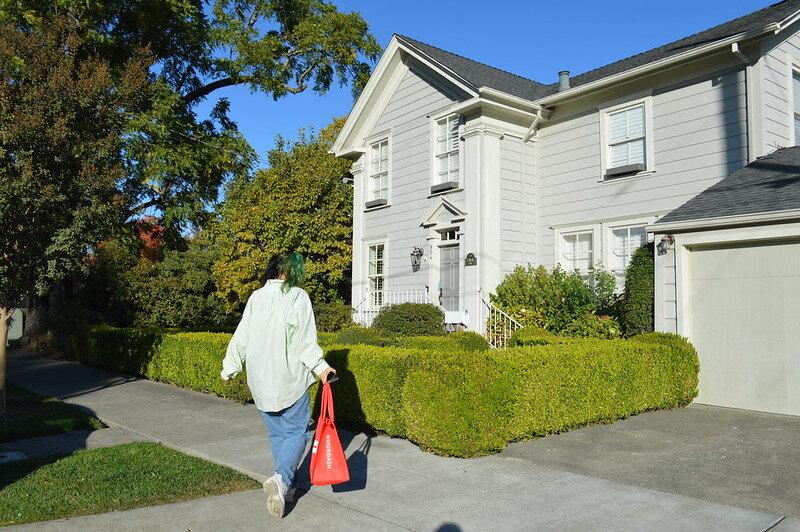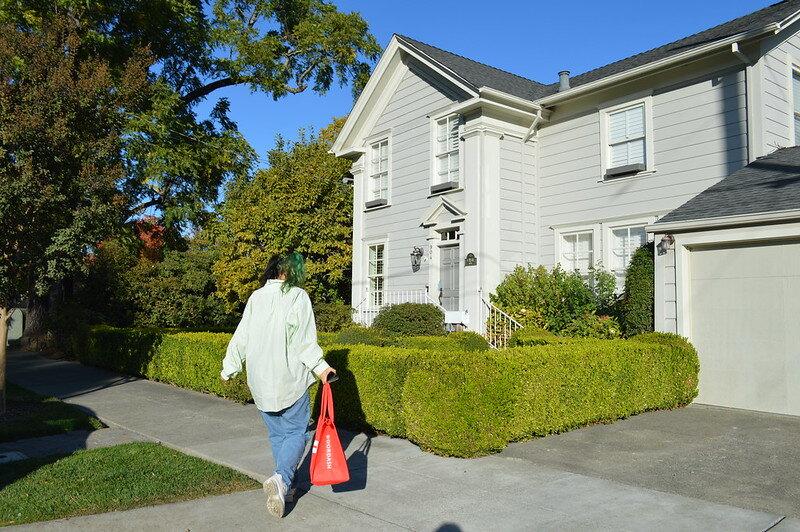Amidst the frenzy that was the United States election this year, states also had the opportunity to vote for propositions specific to their state. Oregon voted to decriminalize possession of hard drugs. New Jersey, South Dakota, Montana, and Arizona all voted to legalize marijuana, and California voted to pass Proposition 22.
Prop 22’s initiative aims to determine drivers for apps that include Lyft and Uber as independent contractors. While drivers would be responsible for regulating their own work, i.e. how much they work and when they work, they would not be given benefits that would typically be given to employees at any other business or place of work.
Those in favor of Proposition 22 assert that the passing of the initiative will not only save many jobs for people in the app-based driving industry, but that it will also guarantee earnings to drivers. Votersguide.gov also claims that Prop 22 is backed by, “and overwhelming majority of drivers.”
Supporters of the Proposition also cite the safety aspect of apps like Lyft and Uber, seeing as many California citizens use these apps to get to and from outings and work early in the morning, and late at night.
Those opposed argue that passing an initiative like Proposition 22 gives companies like Doordash, Lyft, and Uber an opportunity to make a profit at the expense of their drivers. Votersguide.gov explains the opposition stating, “22 denies their drivers rights and safety protections they deserve: sick leave, healthcare and unemployment.”
While the passing of Proposition 22 does not give drivers commodities such as healthcare and unemployment, it is mandated in the initiative that app-based drivers get some form of benefits. These include a guaranteed set pay and accident insurance.
Recent Sonoma State Graduate Kayla Allen, who does Doordash in her freetime, stated, “I voted yes for Prop 22. Doordashing gives me the freedom to pick my hours, get a little extra income on the side, and not have to worry about completing a certain amount of hours. If I wanted a job where they give me hours, and tell me when I can or can’t work, I’d just get another job. I like the flexibility that app-based driving gives me.”
When asked about the possible negative effects of passing Prop 22, Allen asserted, “Being an independent contractor is literally what the apps are made for. And having fixed hours, especially in Sonoma County, not only doesn’t help the drivers, but also the people seeking to use apps like Uber and Lyft. People depend on being able to call Lyfts and Ubers when they need them. And in Rohnert Park, that includes late at night.”
Lyft user and Sonoma State Senior Nicole Austin asserted in regards to Proposition 22, “In my time at Sonoma State, I have depended on apps like Lyft to get me home safe at night. My only concern with Prop 22 is that if it doesn’t pass, it won’t allow people that safety of getting home when you have no other option.”
When asked about what Proposition 22 means for drivers, Austin stated, “From what I can tell, Prop 22 essentially leaves apps…the same, with the addition of some new benefits. And I mean, if so many drivers support Prop 22–which are the people that it’s passing or lack thereof would affect–support it, we should definitely take that into consideration.”
The passing of Prop 22 allows many Sonoma State students, as well as many in Sonoma County to have the assurance of app-based transportation, as drivers are allowed to make their own hours. Only time will tell if the passing of Prop 22 was indeed the right choice.




































